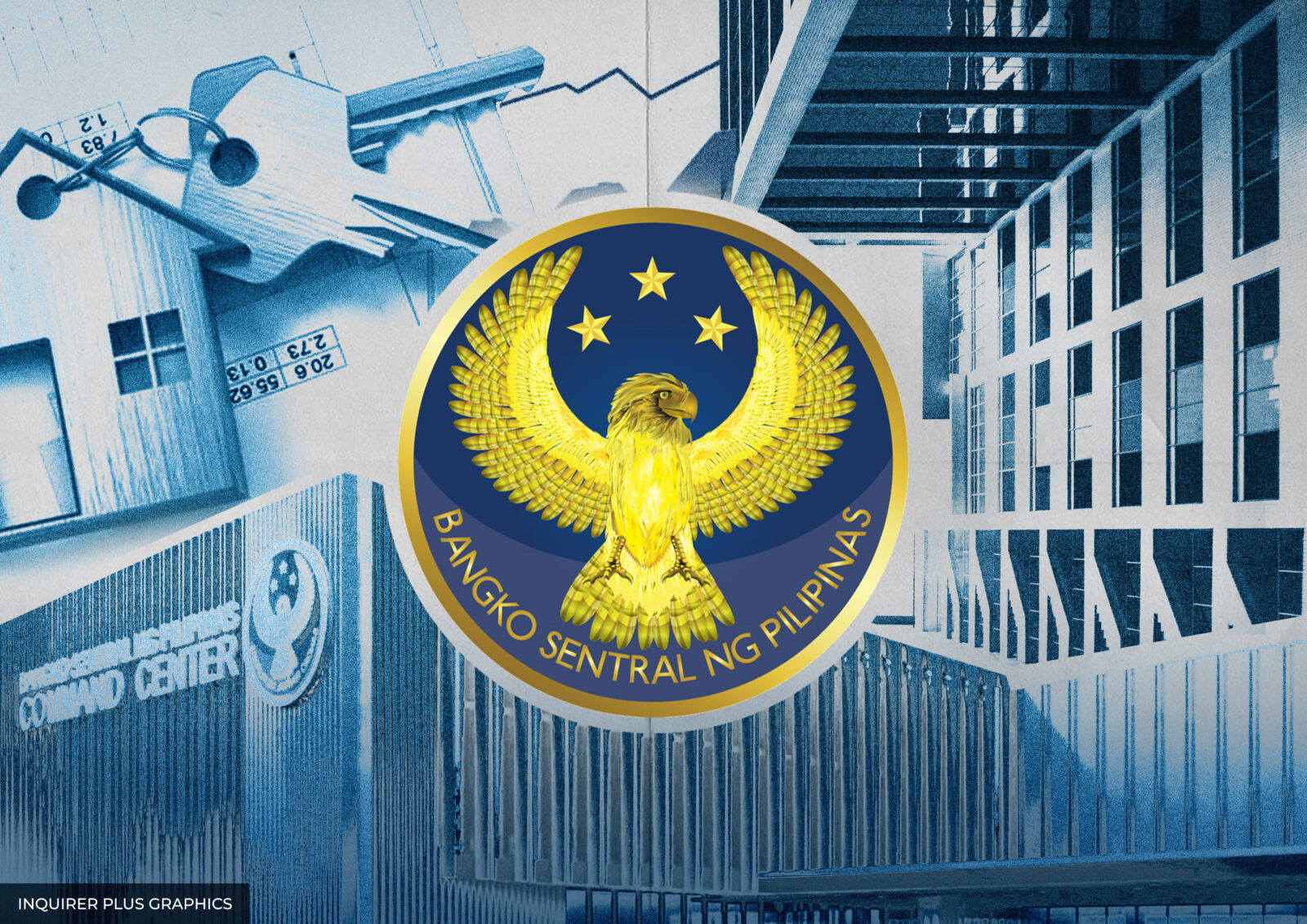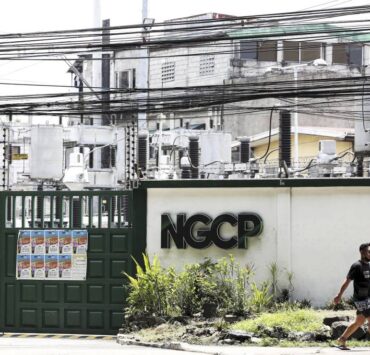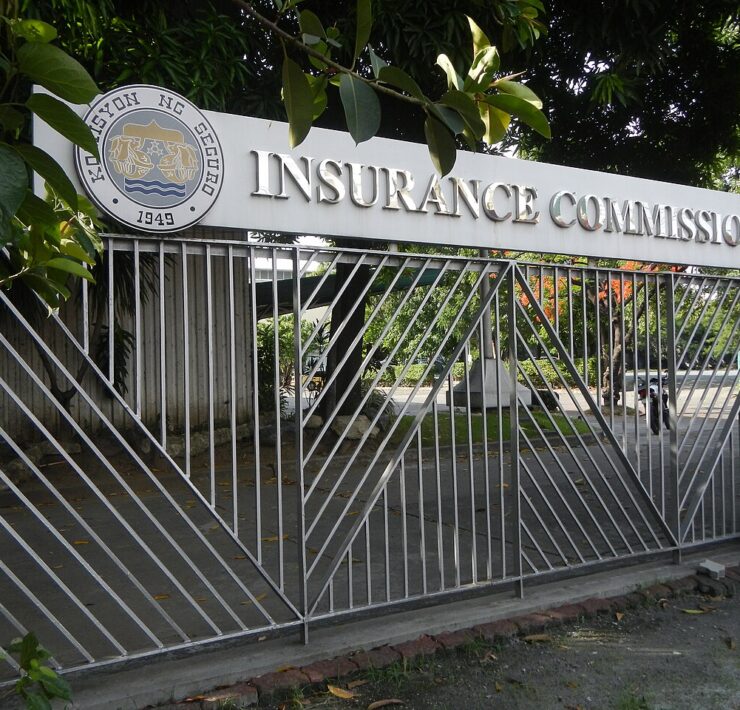Reforms to PH deposit insurance system eyed

A central bank-led government group said it was eyeing reforms to the country’s deposit insurance system to strengthen the local financial sector amid “potential vulnerabilities” emanating from the changing global financial landscape and geopolitical tensions.
In a statement following its latest quarterly meeting, the Financial Stability Coordination Council (FSCC) said such a plan was part of its “continuous risk monitoring and policy initiatives.”
The members of the FSCC include the Bangko Sentral ng Pilipinas (BSP), Department of Finance, Insurance Commission, Philippine Deposit Insurance Corp. and Securities and Exchange Commission. The group said the proposed revamp of the country’s deposit insurance system was a product of a risk assessment amid “changing global financial conditions, geopolitical tensions and domestic liquidity shifts.”
“These factors could impact asset valuations, debt servicing, market volatility, and trade. Still, the FSCC noted that Philippine banks remain well-capitalized with sufficient liquidity buffers,” the group said.
“The Council continues to refine its analytical tools to better oversee channels of systemic risks across sectors and time frames, stressing the need for timely and adaptive policies in a fast-changing financial landscape,” it added.
The FSCC did not specifically identify the reforms it wants to implement. But at present, the PDIC is studying the possibility of implementing a “risk-based” pricing mechanism for fees that banks pay to insure the deposits of the banking public.
At present, the PDIC collects a flat rate of one-fifth of 1 percent a year of the total deposit liability of a bank, which lenders pay to the state insurer so that depositors can be reimbursed up to a certain amount if a bank is ordered closed by the BSP.
But the PDIC also has five years from 2022—the year its revised charter took effect—to conduct a study on the need to establish a risk-based assessment system, which could result in higher premiums to be paid by banks that engage in riskier investment activities.
The ongoing study coincided with the PDIC’s recent decision to double the maximum deposit insurance coverage to P1 million per depositor per bank, from P500,000 previously. BSP Governor Eli Remolona Jr. previously said that beefing up the protection for bank deposits would unlikely create a moral hazard, as he stressed the need to make the local deposit insurance system ready for systemic risks.
To strengthen its forward-looking surveillance, the FSCC said it also discussed the “Survey of Salient Risks,” which aims to capture institutional perspectives on key vulnerabilities that may affect the Philippine financial system in the near term. Risks identified include market volatility, policy uncertainty, geopolitical risks and technological disruptions.
The council also reviewed mitigating measures to monitor and address these risks.
“The FSCC remains committed to inter-agency coordination, data-driven risk monitoring, and deploying needed measures to preserve market confidence and financial system stability,” Remolona, also the chair of FSCC, said.





















